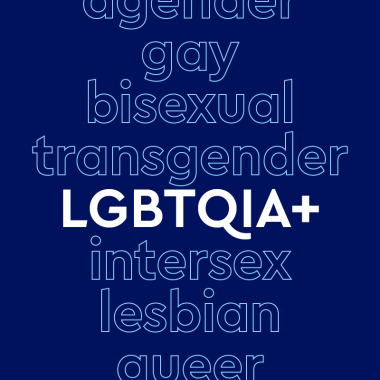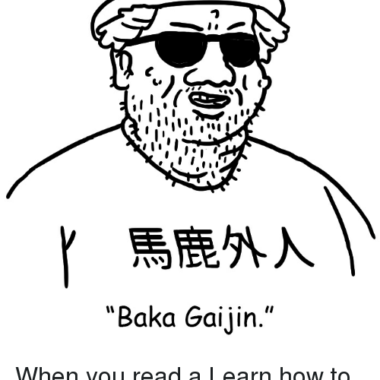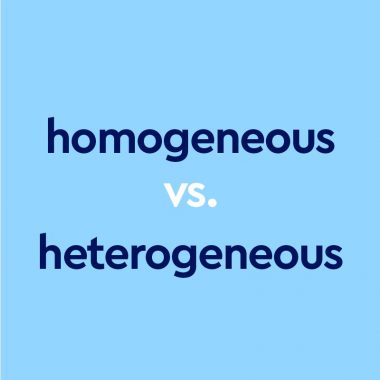What Does The Term “Nonbinary” Really Mean?
by Rory Gory Many people are raised to believe that gender and sex are the same thing, and that there are two options available to us: male or female. But neither sex nor gender is inherently binary—the belief that people must be classified into one of these two categories. When something can’t be placed in two boxes, we call it nonbinary, meaning “not consisting of, …










![List of words in outlined font, with central word in bold teal font, on light teal background: “dwarfism, dwarf, little people, little person [in bold], people of short stature, short statured people"](https://www.dictionary.com/e/wp-content/uploads/2022/05/20220510_littlePerson_800x800-380x380.png)
